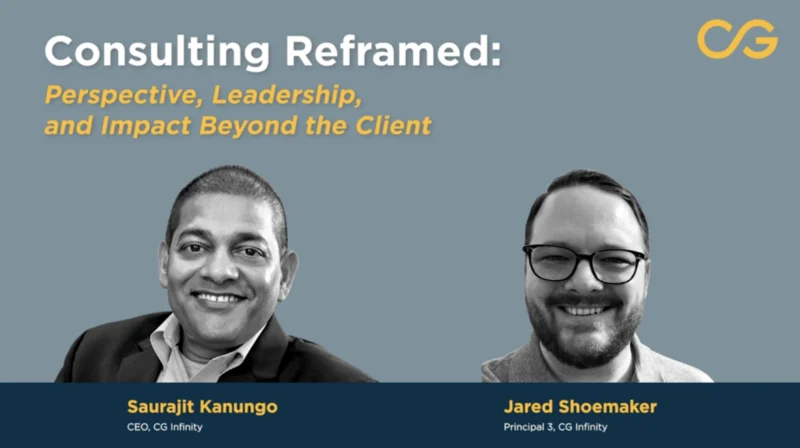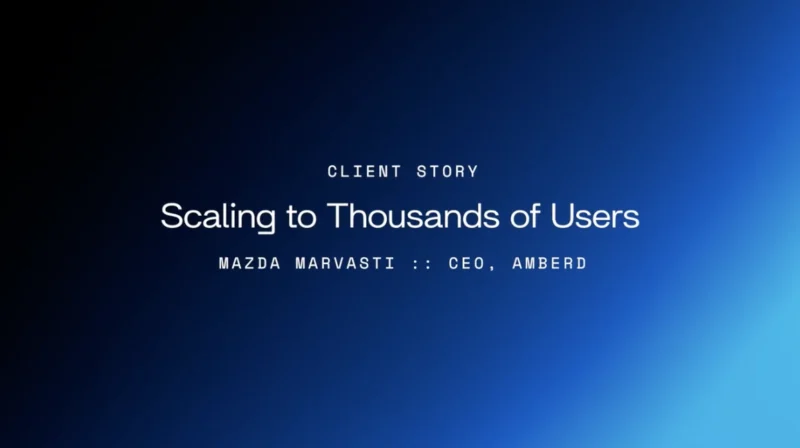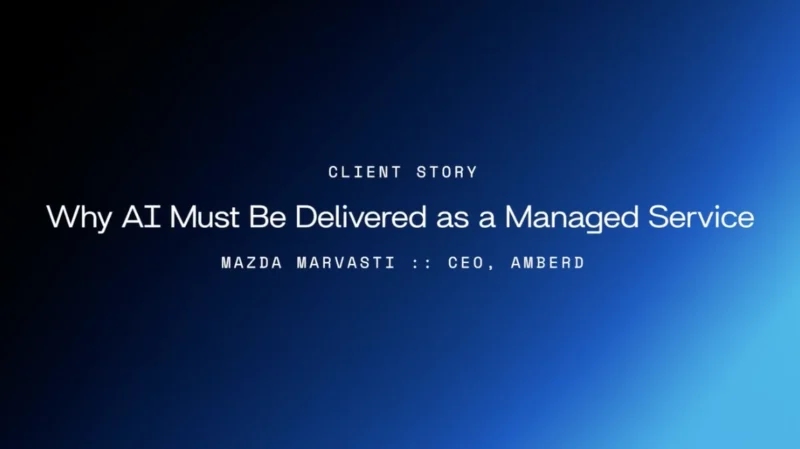In-Space Computing Alliance
Just as computers have become a mainstay and a vital tool on earth, they carry the same significance in space. Per NASA, computers and the concept of computing in space is used for a variety of factors in relation to the function of spacecraft and navigation. So naturally, the concerns that everyday people and companies worry about with their day-to-day computers also extend to computers in space as well, which is why data security has increasingly become a growing element.
Why is computing safety in space important? And what are some innovative ways and ideas that are being implemented to prevent the spread of harmful malware or other dangerous software?
On an episode of the Vaya Space podcast, host Michelle Dawn Mooney interviewed Chad Ives, the Sales Director at C8 Secure, Kevin Lowdermilk, the CFO at Vaya Space, and Richard Ward, the CTO of OrbitsEdge, Inc., for a discussion about their in-space computing alliance and securing safe computing for use outside of earth.
Mooney, Ives, Lowdermilk, and Ward also discussed …
- The need for computing safety in space
- The role each of them contribute at their respective companies
- Importance of partnerships that benefit companies and the purpose of the alliance
“Putting together this alliance is not just about imitating what we do on the ground. What we really want to find out is how it might differ in space. So, what does it look like and how does it differ — and the only way we can do that is by partnering with people like Vaya Space, like OrbitsEdge, to do things that test like it’s in the space,” said Ives.
Chad Ives is the Sales Director at C8 Secure and has close to two decades of experience in cloud and technology services. Kevin Lowdermilk is the Chief Financial Officer (CFO) at Vaya Space and has 20 years of experience in finance and accounting. He previously held the CFO role at Exostar LLC. Richard Ward is the founder and Chief Technology Officer (CTO) of OrbitsEdge, Inc., which he has been for close to four years now. He leads the development of computing hardware and software for earth and space.




